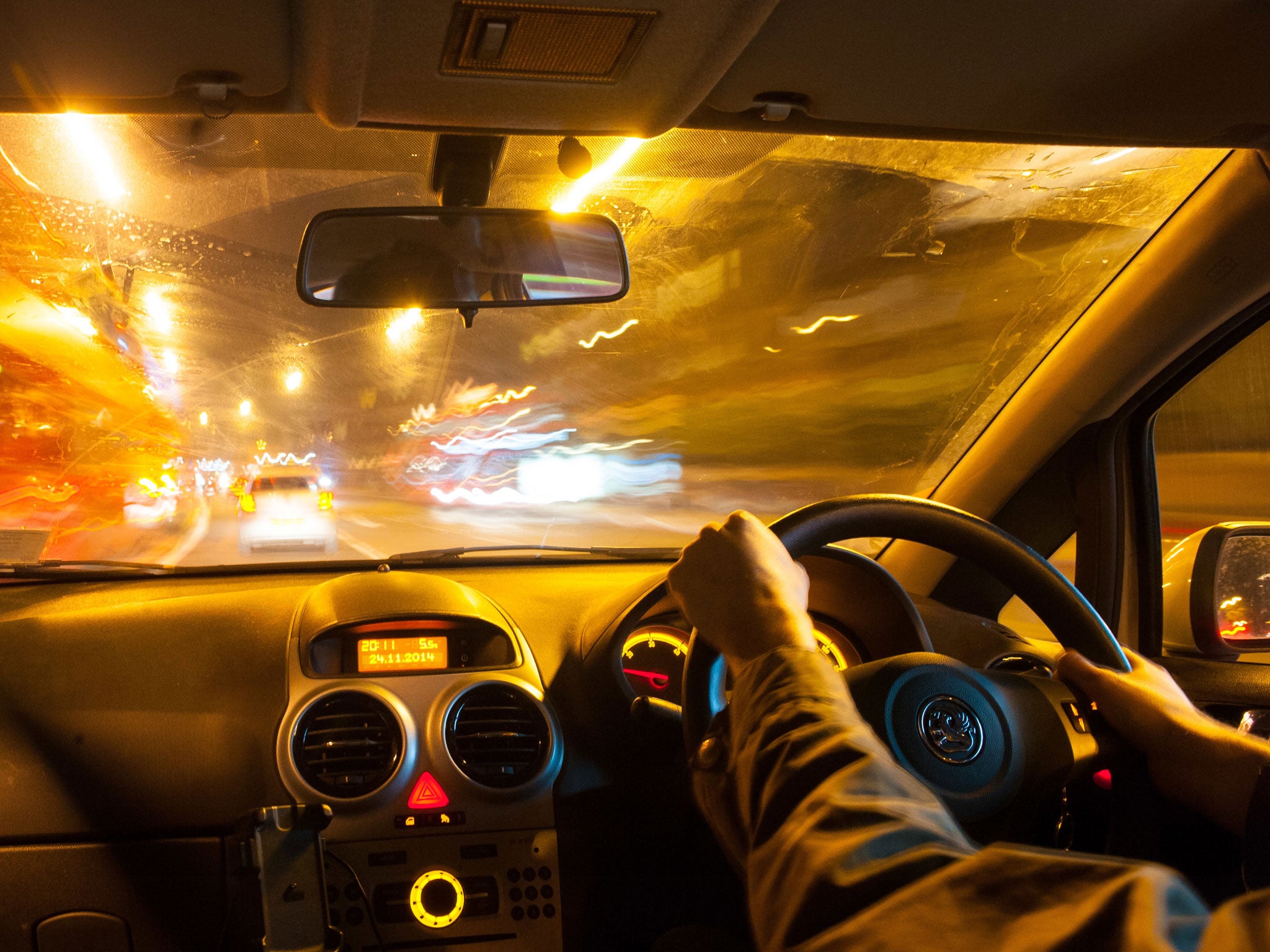Young drivers could be banned from roads at night, government announces
Proposed changes come amid concerns over high accident rates in England

Your support helps us to tell the story
From reproductive rights to climate change to Big Tech, The Independent is on the ground when the story is developing. Whether it's investigating the financials of Elon Musk's pro-Trump PAC or producing our latest documentary, 'The A Word', which shines a light on the American women fighting for reproductive rights, we know how important it is to parse out the facts from the messaging.
At such a critical moment in US history, we need reporters on the ground. Your donation allows us to keep sending journalists to speak to both sides of the story.
The Independent is trusted by Americans across the entire political spectrum. And unlike many other quality news outlets, we choose not to lock Americans out of our reporting and analysis with paywalls. We believe quality journalism should be available to everyone, paid for by those who can afford it.
Your support makes all the difference.Young drivers could be banned from the road at night in a bid to tackle high accident rates in England.
Ministers are considering introducing a graduated licence system with a string of restrictions for newly qualified drivers.
As well as not driving at night, other restrictions include a minimum learning period and not driving with passengers under a certain age.
It comes after figures revealed a fifth of novice motorists are involved in an accident during their first year behind the wheel.
Joshua Harris, director of campaigns for road safety charity Brake, said young male newly qualified drivers are particularly at risk, often because of “lack of experience and overconfidence”.
The Department for Transport (DfT) did not say how long the measures would be in place after someone has passed their driving test.
Under current rules, new drivers have their licences revoked if they accumulate six penalty points within the first two years.
But there are no restrictions on when people can drive or the age of their passengers.
Graduated licensing schemes already operate in several parts of the world, including New York and California in the US; Ontario and British Columbia in Canada, New South Wales and Victoria in Australia; and Sweden.
They have previously been rejected in Britain over concerns they would restrict young people from accessing education and employment.
But the DfT is giving serious consideration to how the system could work as part of its road safety action plan, which will be published on Friday.
Any changes to licensing would be consulted on before being introduced.
Road safety minister Michael Ellis said getting a driving licence and being able to drive for the first time can be “exciting” but also “daunting” for young people.
“We want to explore in greater detail how graduated driver licensing, or aspects of it, can help new drivers to stay safe and reduce the number of people killed or injured on our roads,” he said.
Nick Lloyd, acting head of road safety at the Royal Society for the Prevention of Accidents (RoSPA), said: “RoSPA welcomes this trial and believes that it will allow young drivers to gain valuable experience, whilst reducing the risks associated with night time driving and the carrying of multiple passengers.”
AA president Edmund King added: “For many people, excessive post-test restrictions could negate the purpose of them having a driving licence in the first place – such as driving to work on early or late shifts when public transport is not convenient.
“This is why any post-test restrictions must be properly researched and piloted first to ensure they do not place an unnecessary burden on new drivers.”
PA contributed to this report
Join our commenting forum
Join thought-provoking conversations, follow other Independent readers and see their replies
Comments